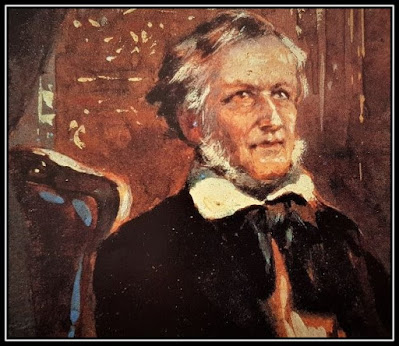Johann Strauss II , known for his waltzes and lively compositions, had a unique approach to his creative process. He consistently sought contemporary and relevant themes to serve as the driving force behind his new musical compositions. This approach ensured that his work remained fresh and connected with the audiences of his time. One notable instance of this creative approach was the composition of this polka, composed in 1864. This piece of music was specifically crafted for a summer concert held in the picturesque Russian town of Pavlovsk. It's fascinating to note that Strauss drew inspiration for this composition from the world around him. In this case, he found it in the emerging technology of the time, namely, the steam locomotive. The composition itself is a testament to Strauss's ability to capture the essence and energy of the subject matter. The rhythm of this dance piece mirrors the rhythmic chugging and movements of the old-fashioned steam trains that were prevale...
- Get link
- X
- Other Apps

Comments
Post a Comment